By Subrata Majumder
 Speculations sparked with the Japanese Prime Minster Shinzo Abe’s visit to China , which sought Chinese cooperation for third country development works – a volte-face to China, while tying a strong knot with India for strategic partnership to maintain peace in Indo-Pacific region during the visit of Indian Prime Minister Narendra Modi to Japan in tandem, given the fact that China is long –term political rival to both countries. Concerns were raised about the impact on India- Japan relations, which has a long way to fulfill their role in Indo-Pacific region.
Speculations sparked with the Japanese Prime Minster Shinzo Abe’s visit to China , which sought Chinese cooperation for third country development works – a volte-face to China, while tying a strong knot with India for strategic partnership to maintain peace in Indo-Pacific region during the visit of Indian Prime Minister Narendra Modi to Japan in tandem, given the fact that China is long –term political rival to both countries. Concerns were raised about the impact on India- Japan relations, which has a long way to fulfill their role in Indo-Pacific region.
Nevertheless, Indian Foreign Secretary was quick to rule out any adverse impact on the relation with Japan. Instead, he was hopeful for a favourable impact of the Sino-Japan deal, believing that this would play an important role in spearheading India- Japan strategic partnership to sustain peace and tranquility in Indio – Pacific regime. He asserted that the core point of Modi’s visit to Japan was to establish a close strategic partnership with Japan by deepening security and defence cooperation and play a prime role in maintaining peace in Indo-Pacific region.

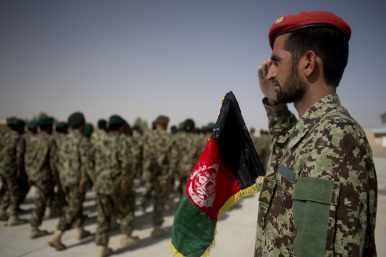

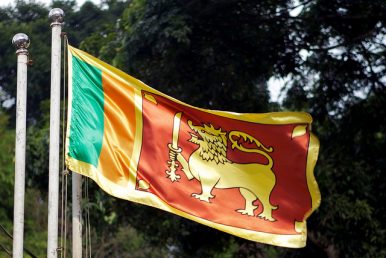
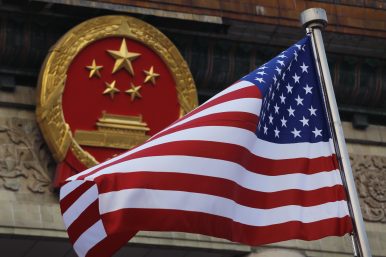
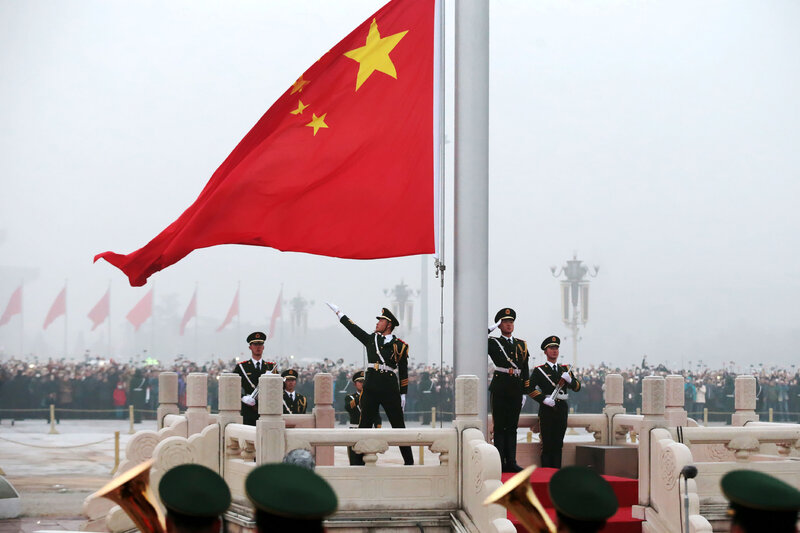
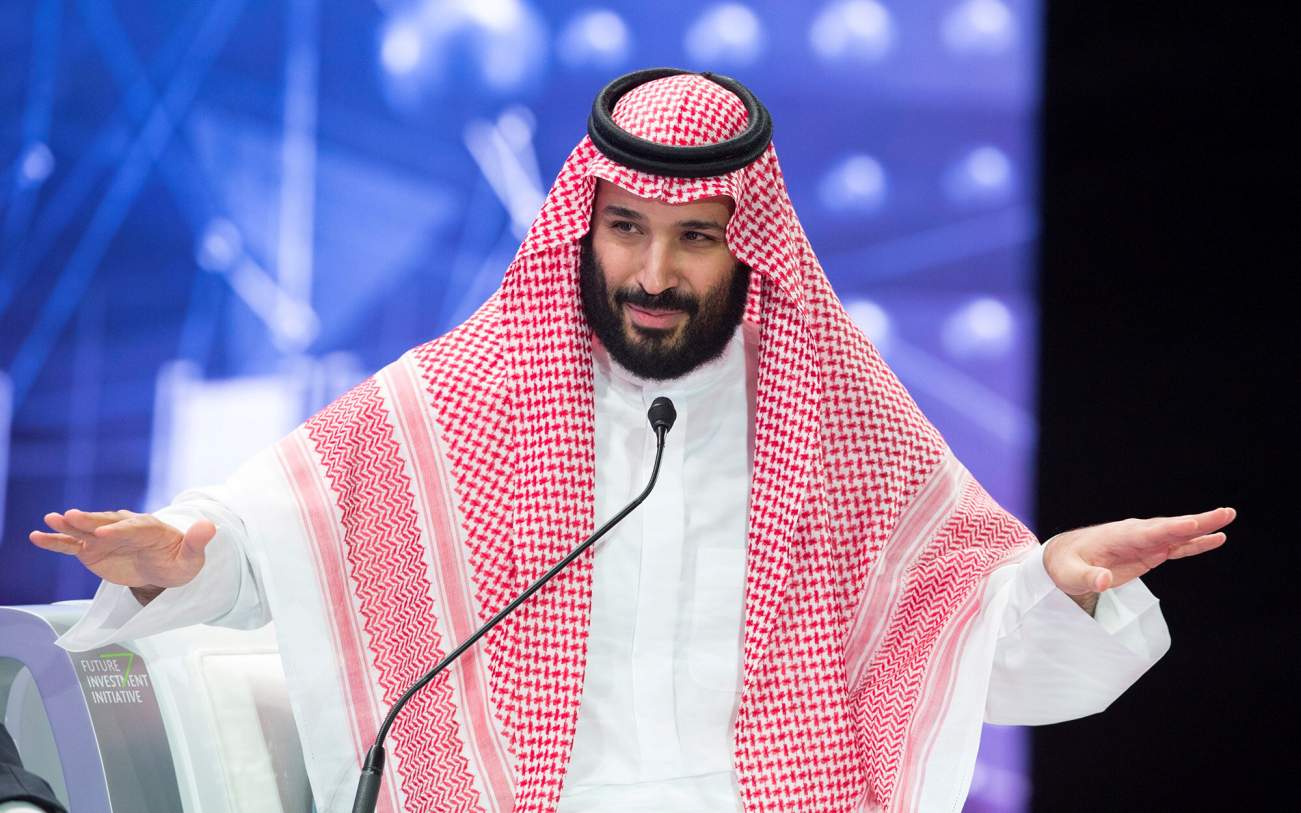

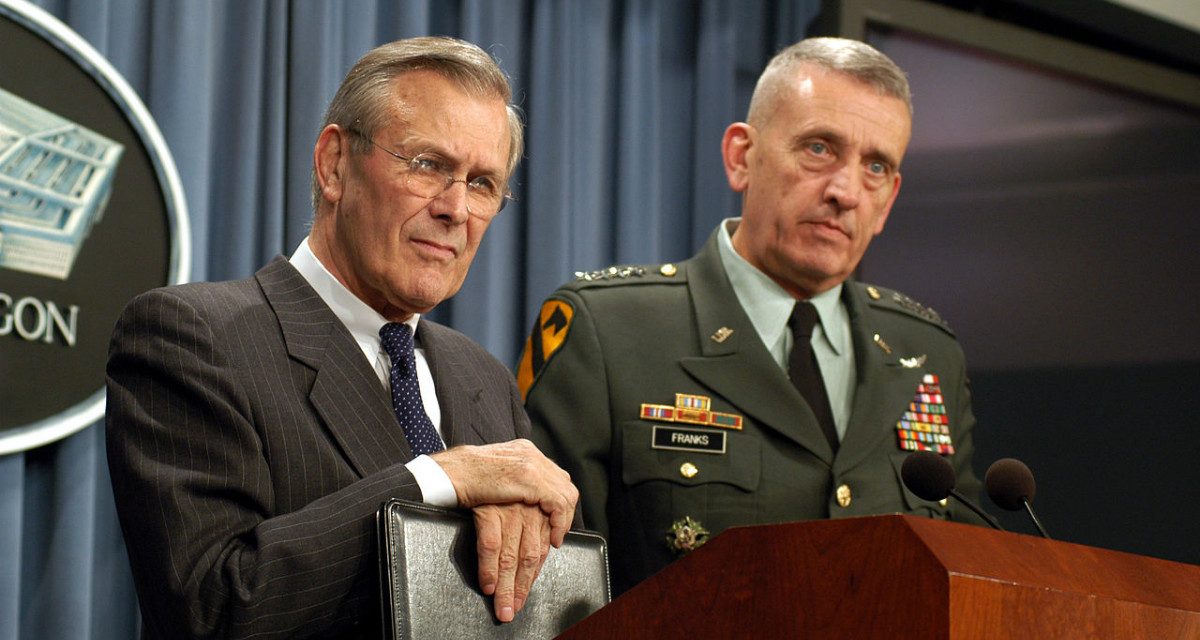
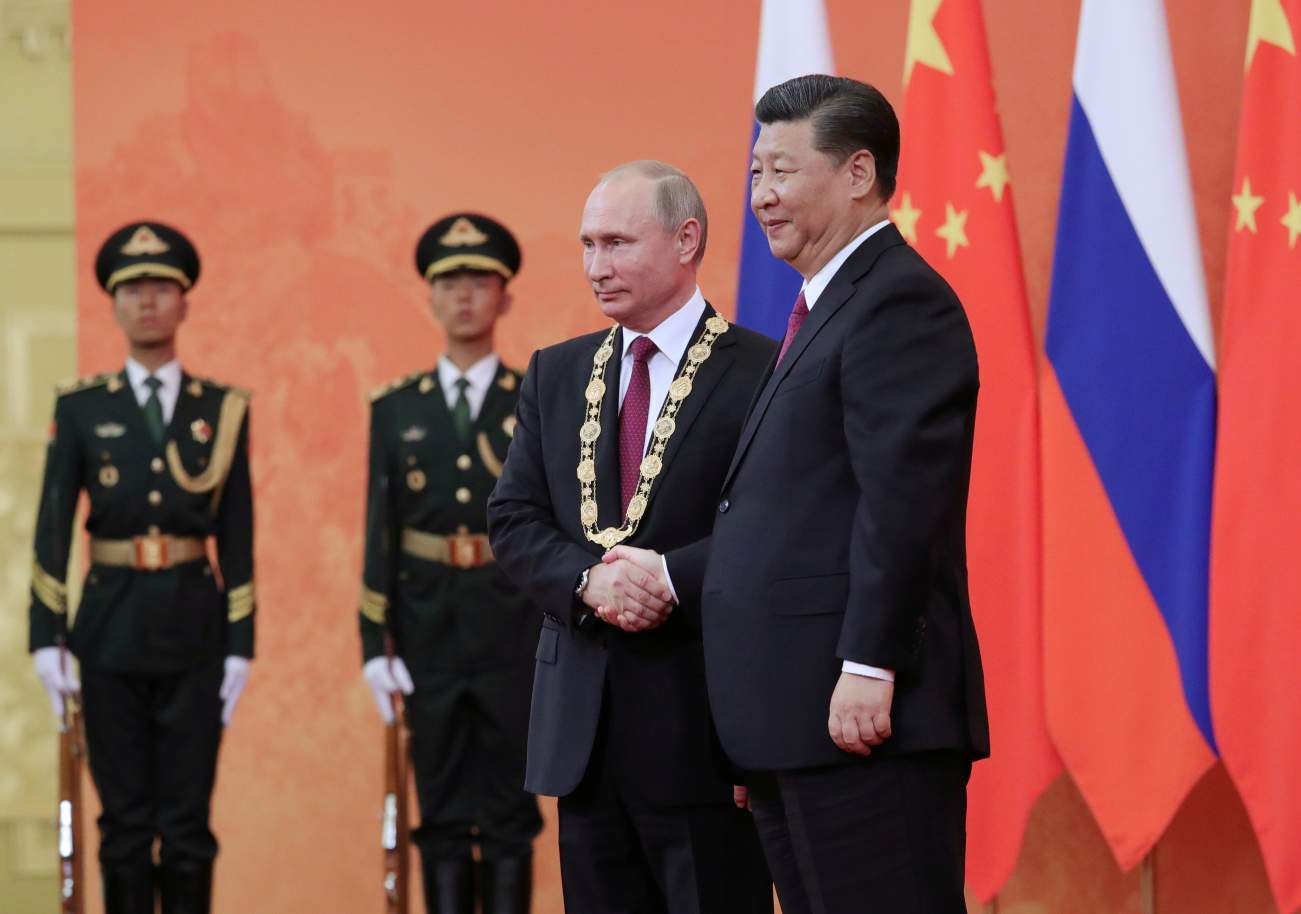





/arc-anglerfish-arc2-prod-mco.s3.amazonaws.com/public/6X42E4WF3ZBLTDSS46RF4MQJ7U.jpg)
/arc-anglerfish-arc2-prod-mco.s3.amazonaws.com/public/XITQZGXUJJEWTMUE3CZPNGMPOI.jpg)